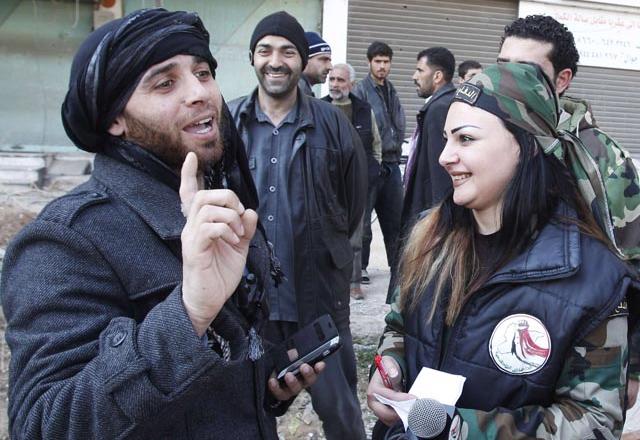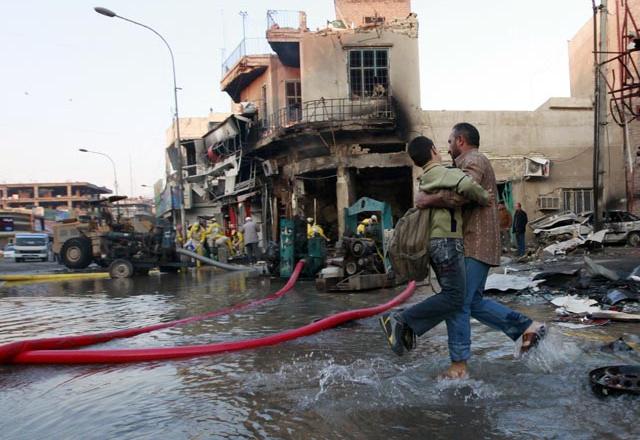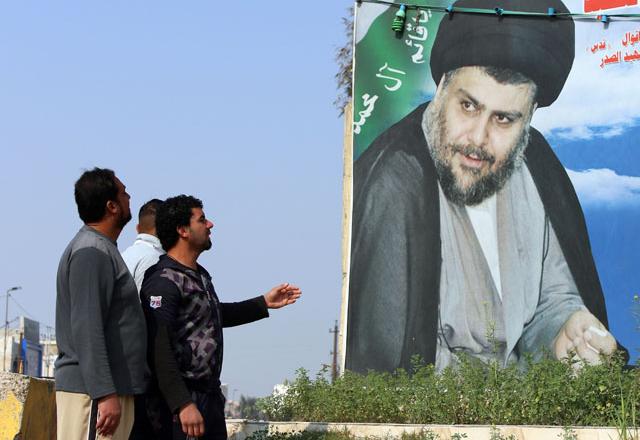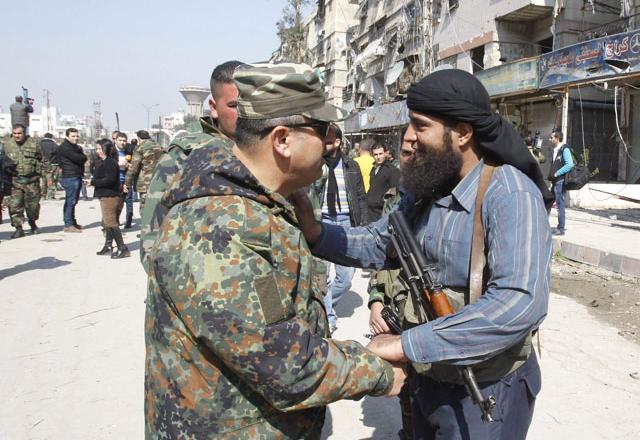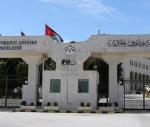BEIRUT — Pictures of rebels and forces loyal to President Bashar Assad laughing and shaking hands after a local ceasefire have sparked outrage on both sides, shocked at the outpouring of goodwill after three years of fierce bloodletting.
The images came from a media trip organised by the Syrian government to the Damascus suburb of Babila, the latest in a series of districts to agree a truce that most opposition critics say works in Assad’s favour.
Heavy fighting continues throughout most of Syria. The localised truces have been agreed mostly around Damascus and have ended prolonged government sieges on those rebel-held areas, many of which were waged for more than a year and caused severe hunger to the point of illness and death.
“I felt like I would have a stroke, looking at those pictures,” said a local activist, called Mohammed, speaking on Skype from the nearby rebel-held district of Jobar, which has not yet agreed any form of ceasefire. “How can they forget how those forces have starved our people for over a year, how they bombed us mercilessly for months?”
Some rebels in the Damascus suburbs said the pictures were staged, arguing the rebel gunmen were actually pro-Assad militias dressed to look like opposition fighters. Others said the pictures were real.
Reuters photographers were among the journalists at the Babila media tour, but there was no way to confirm the identity of those photographed.
Whether the scenes were genuine or faked, the photos — which show armed combatants from both sides chatting and relaxed — stood in stark contrast to the chilly atmosphere on display at the second round of “Geneva II” peace talks last week. Diplomats failed to make any progress.
Rebels and Assad forces who agreed to the truces will now work joint checkpoints and patrols using the name of “Local Defence Committees”.
Local ceasefires have been a goal of Assad’s forces as a way to halt the fighting around the president’s seat of power, the capital Damascus. The army sieges, which include near-daily bombardment, have halted rebel advances and cut off supply lines, but have been unable to dislodge the rebels.
‘World turned upside down’
Commentators on both sides were particularly incensed by an image of a female member of the pro-Assad paramilitary group, known as the National Defence Forces, smiling as she spoke to a rebel fighter. Posters on both pro-rebel and pro-Assad Facebook pages called the woman in the picture a “whore”.
“Hey everyone, what is going on in this country? A soldier is kissing a terrorist and girls from the National Defence Forces are making eyes with the terrorists,” said one post on a pro-Assad Facebook page. “The world has been turned upside down, the blood of our brothers and children and the honour of our women has been forgotten.”
Syria’s conflict began as popular street protests against four decades of Assad family rule but, after a violent security crackdown, transformed into a civil war that has killed more than 140,000 people and driven millions from their homes.
The government has commissioned “reconciliation committees” using local dignitaries from the Damascus suburbs to offer the truces, according to a local rebel spokesman, Bara Abdelrahman, speaking by Skype from the opposition-held suburb of Douma.
Neighbouring Harasta is said to be the next target for the committees, he said. Rebels detained a group of representatives in Harasta this week, he said, after they met with civilians at a mosque to present a truce offer without fighters present.
“They told them to get the rebels to stop attacking the main highway and then they could get in food and medicine. And honestly, people are exhausted here and hungry, so they started to pressure the rebels and ask why not?” he said.
“These committees were turning people against us.”
The deals in each town are broadly the same. They require rebels to raise the government flag and get the siege lifted in return. Most allow rebels to maintain control inside the districts if they give up heavy weaponry.
Even those in support of local ceasefires, however, say such truces are not a sign that local fighters on the ground actually have a better rapport than jet-setting diplomats.
“The regime here was tired of endless strikes with no result and the people tired of being hungry. Of course some areas were going to accept. But the way they got these agreements was through starvation,” said one activist, who asked not to be named. “This isn’t actually a model of reconciliation, whatever the pictures show.”

